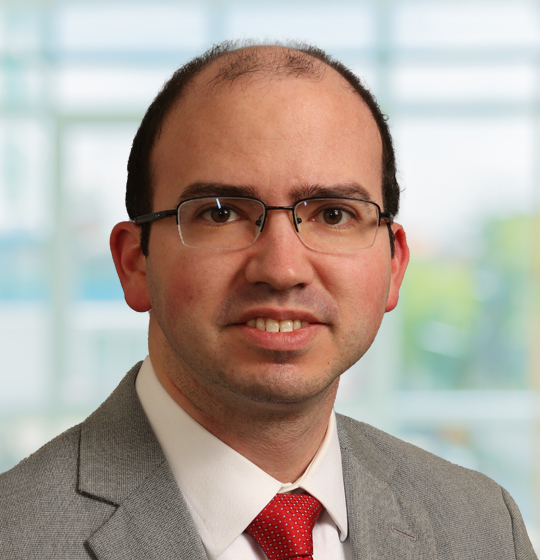On October 8, Governor Jerry Brown signed a bill into law that limits the ability of primarily out-of-state athletes to file workers’ compensation claims in California.
The bill, known as Assembly Bill (AB) 1309, prevents professional athletes from filing cumulative trauma and occupational disease claims if injured while “temporarily” playing sports in California. Previously, professional athletes could file these claims in California if they suffered injuries—i.e., could show that part of the “injurious exposure” causing the cumulative trauma or occupational disease occurred—while working in the state, even if they never played for a team based in California.
To seek benefits for their sports-related injuries, this new threshold requires athletes to show that in the year leading up to their last day of work, they worked more than 20 percent of their duty days in California. It also allows athletes who played two or more seasons for a California-based team (and played fewer than seven seasons for teams based outside of California) to make cumulative trauma or occupational disease workers’ compensation claims in California. The bill applies to major and minor league athletes who are employed in baseball, basketball, football, ice hockey, and soccer. The law is retroactive and will apply to all claims filed on or after September 15, 2013.
The passage of AB 1309 raises several interesting issues among various controversial reports of the long term physical effects of high-contact sports. Many news outlets have recently reported on physical conditions that professional athletes have been struggling with at the end of their sports careers. For example, the media has reported on retired football players’ claims that they are suffering the effects of cumulative brain trauma caused by concussions, and a recent study has shown that elite male athletes are more likely than their non-athletic counterparts of developing arthritis.
AB 1309 was meant to correct what has often been called a “loophole” allowing athletes who worked primarily outside of California to then file workers’ compensation claims in the state. This had become a common practice, in light of California’s more generous laws on cumulative trauma injuries and longer statute of limitations compared to those of other states. Specifically, under the California Labor Code, cumulative trauma claims may be brought one year from the date of injury, and the date of injury is broadly defined as the date that the employee first suffered disability and knew or reasonably should have known that the injury was caused by employment. Under the statutory language, an athlete may bring a cumulative trauma claim several years after his or her professional career has come to an end.
For this reason, the bill drew praise by the Association of California Insurance Companies as a way to reduce premiums and ease the burden on the workers’ compensation system. As noted in the Senate report on the bill, it also drew the support of several California-based professional sport franchises and leagues that likely regard the bill as a fairly drawn measure that will encourage athletes to file claims in their home states. However, not surprisingly, the bill drew vocal opposition from the professional athletes and organized labor. Several high-profile National Football League (NFL) players protested against the bill at the state Capitol in April. For players, franchises, and leagues, the bill is controversial because many professional athletes are compensated far less than the stars that we often associate with professional sport leagues.
AB 1309 also reinforces the point that, in spite of their near-celebrity status, professional athletes are employees and professional sport franchises are employers. Many of the legal issues that professional athletes face during and at the end of their careers are overshadowed by their often high-profile media status, the attention paid to their lifestyles, and the focus on the sporting events. However, the athletes, franchises, and professional organizations face the same post-employment issues—like workers’ compensation and benefits—that other employers and unions face on a regular basis.
Ogletree Deakins regularly provides nationwide counseling for clients involved in professional athletics through its Sports and Entertainment Practice Group.




